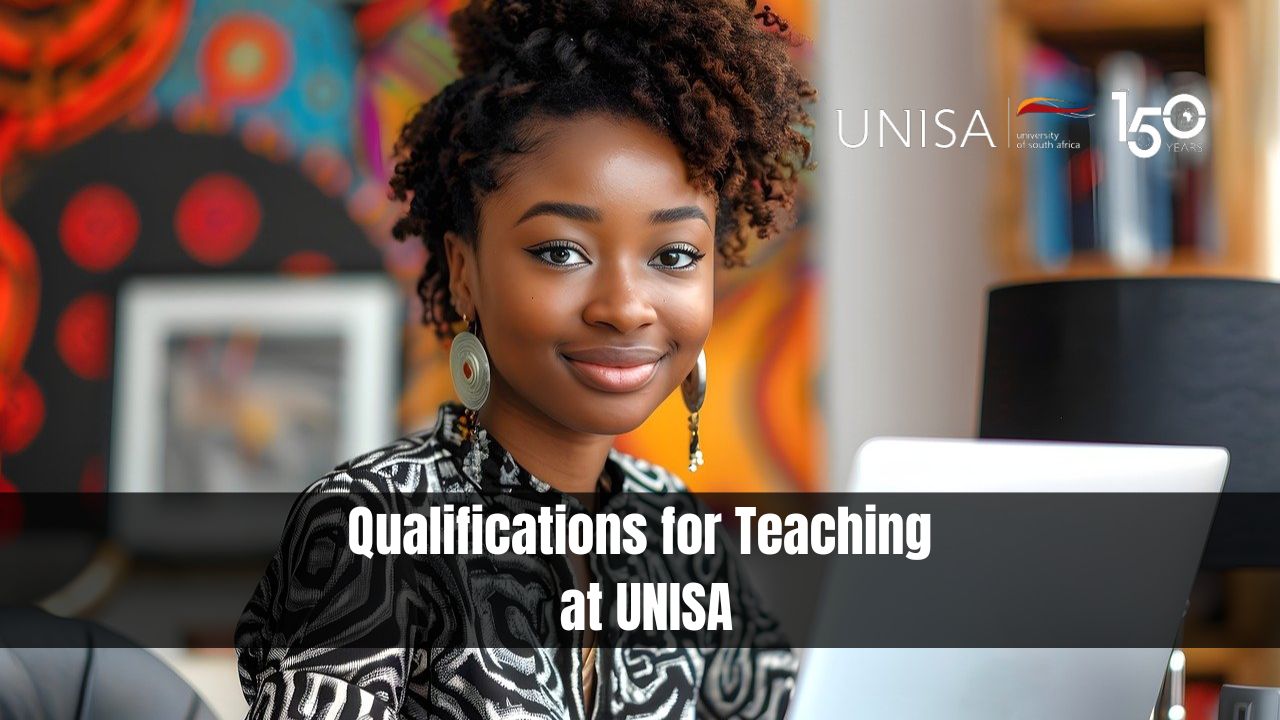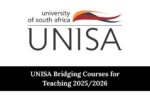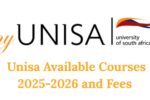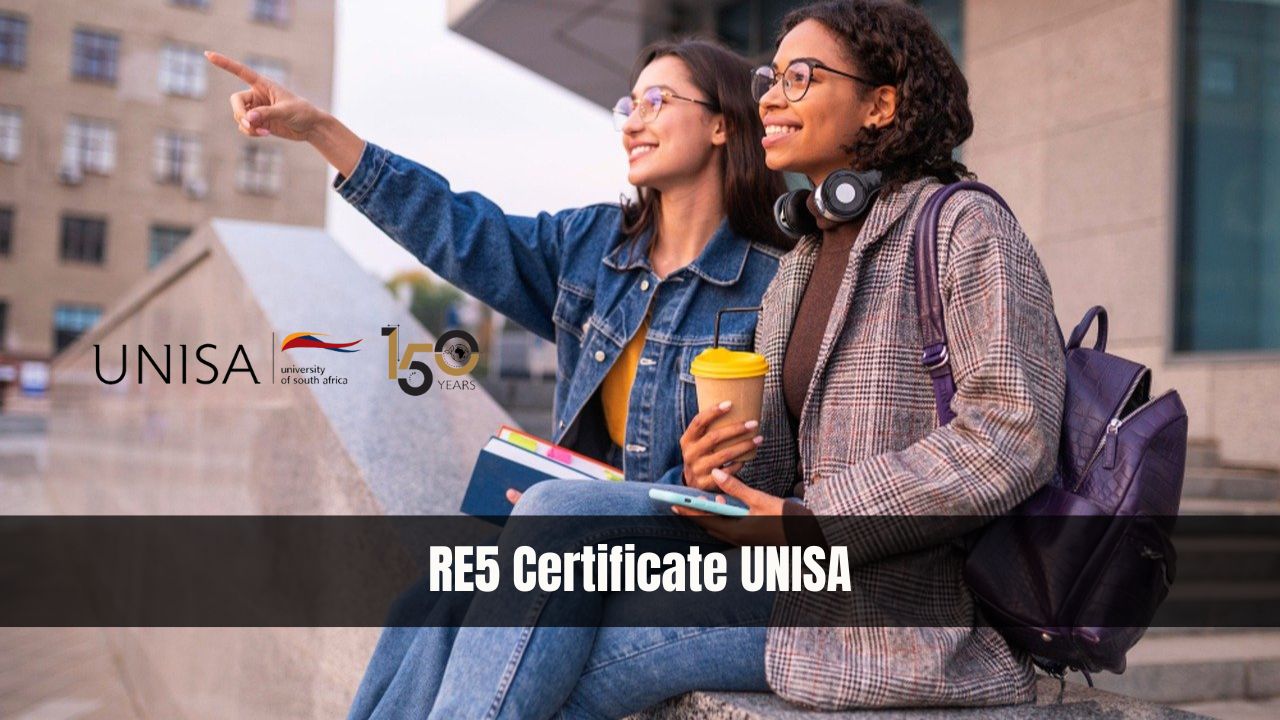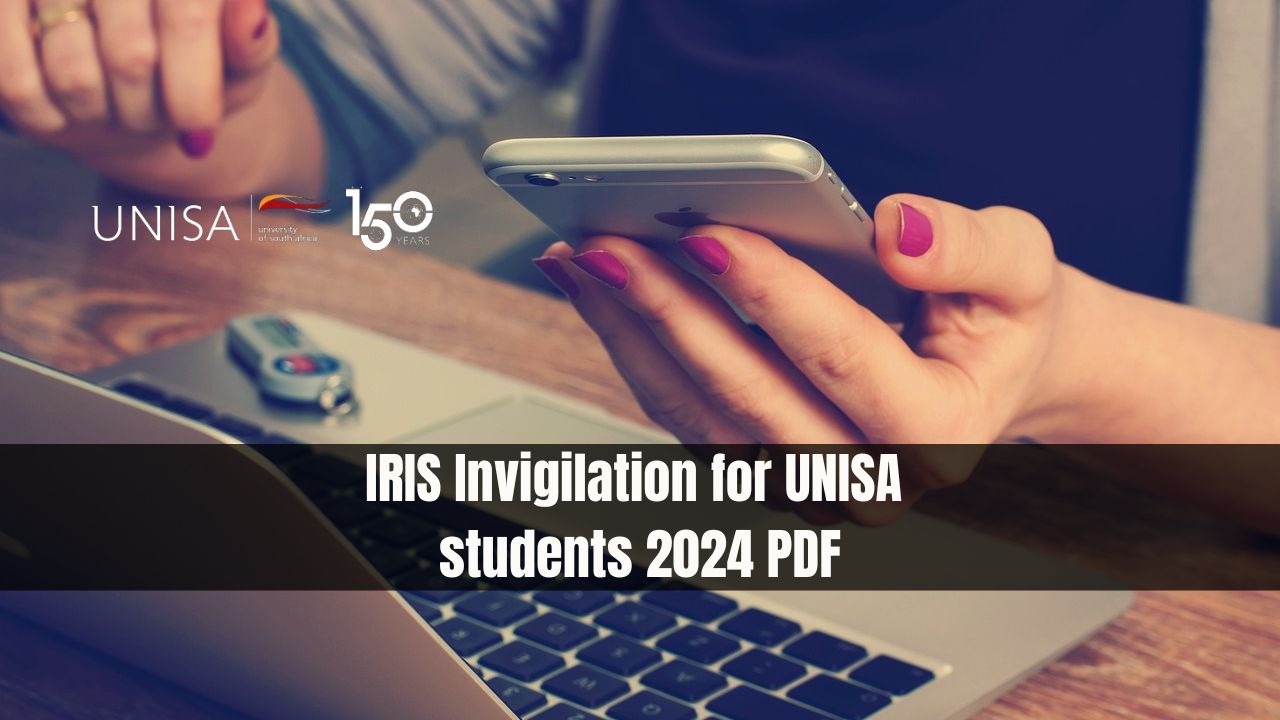Qualifications for Teaching at UNISA. If you’re passionate about making a difference in the lives of students and considering a career in education, the University of South Africa (UNISA) offers a comprehensive pathway to becoming a qualified teacher. Here’s a detailed guide on the qualifications needed to teach at UNISA, ensuring you have all the information to start your journey.
Qualifications for Teaching at UNISA
1. Bachelor of Education (B.Ed.) Degree
One of the primary routes to becoming a teacher in South Africa is through a four-year Bachelor of Education (B.Ed.) degree. This program is specifically designed to equip aspiring teachers with the knowledge, skills, and practical experience needed to excel in the classroom. UNISA offers various B.Ed. specializations, including:
- Foundation Phase (Grades R-3)
- Intermediate Phase (Grades 4-6)
- Senior Phase and Further Education and Training (FET) Phase (Grades 7-12)
2. Bachelor’s Degree Followed by Postgraduate Certificate in Education (PGCE)
Alternatively, you can complete a three- or four-year Bachelor’s degree in a relevant field and then pursue a one-year Postgraduate Certificate in Education (PGCE). This route is ideal for individuals who wish to specialize in a particular subject area before transitioning into the education sector. The PGCE program at UNISA provides intensive training in educational theory and practice, preparing graduates for teaching in the Senior and FET Phases.
3. National Certificate Vocational (NCV) Level 4
For those who have completed their National Certificate Vocational (NCV) level 4, UNISA offers a pathway to teaching with specific entry requirements:
- Achieve at least 60% in three fundamental subjects, including the language of teaching and learning.
- Obtain 70% in four vocational subjects chosen from the NCV level 4 subjects.
Key Considerations for Aspiring Teachers
Language Proficiency
Proficiency in the language of instruction is crucial for effective teaching. Ensure that you meet the language requirements for the B.Ed. or PGCE programs, as this will be fundamental to your success as a teacher.
Practical Experience
UNISA’s education programs emphasize practical experience, including teaching practicums and internships. This hands-on approach allows you to apply theoretical knowledge in real classroom settings, gaining invaluable experience and confidence.
Continuing Professional Development
Teaching is a dynamic profession that requires continuous learning and development. UNISA provides various opportunities for professional development, including workshops, seminars, and advanced degree programs, ensuring that you stay updated with the latest educational trends and methodologies.
Why Choose Teaching as a Career?
Choosing a career in teaching is not only rewarding but also offers the opportunity to shape the future of young minds. Here are a few reasons why teaching could be the right career for you:
- Impact Lives: Make a significant difference in the lives of children and contribute to their growth and development.
- Job Security: Teaching offers stable and secure employment opportunities with the potential for career advancement.
- Personal Fulfillment: Experience the joy and satisfaction of seeing your students succeed and reach their full potential.
Conclusion
Becoming a teacher at UNISA requires dedication, passion, and the right qualifications. Whether you choose to pursue a B.Ed. degree or follow the PGCE route, UNISA provides a solid foundation for a successful teaching career. Start your journey today and make a lasting impact on the next generation of learners.
-
- UNISA Undergraduate Prospectus 2024
- Can I Do Diploma In Teaching At UNISA?
- UNISA Offer Acceptance And Decline Process
- UNISA Cum Laude Requirements
- My UNISA Assignment Submission
- How to Add Modules at UNISA
- UNISA Supplementary Exams 2024 Timetable
- Supplementary Exams UNISA 2024
- How Much is Supplementary Exam at UNISA

